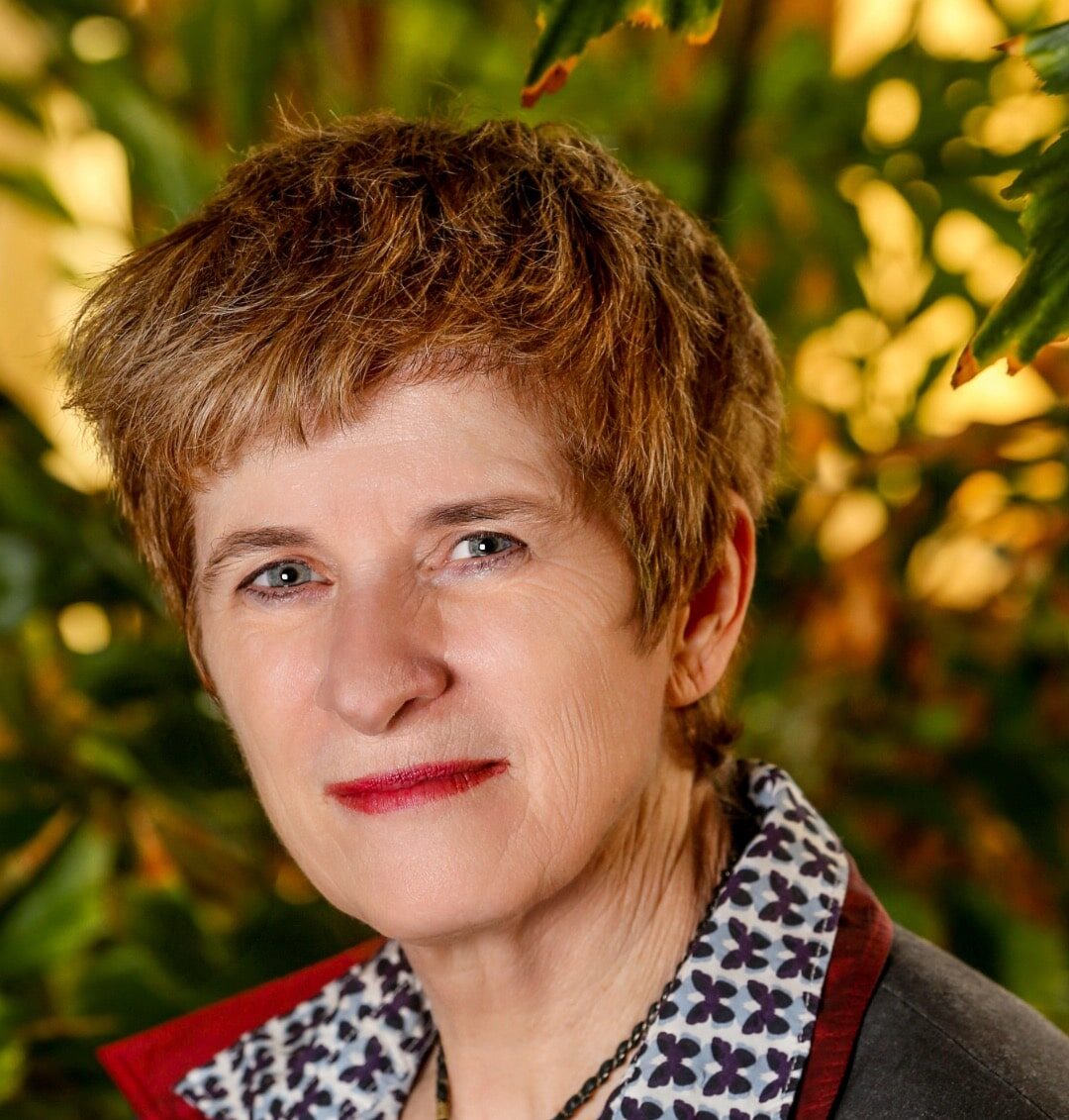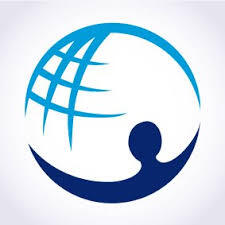- English
- DEUTSCH
- SPANISH
- FRENCH




Kate has a remarkable record in human rights advocacy, having worked for some of the world’s most prominent human rights organisations.
A fellow at the Carr Centre for Human Rights Policy, Harvard Kennedy School since 2020, Kate also served as the United Nations Deputy High Commissioner for Human Rights from 2014 to 2019, as well as the Assistant Secretary General and Deputy Executive Director of the United Nations Population Fund from 2012 to 2014. Prior to these roles, she served as Executive Deputy Secretary General at Amnesty International, between 2000 and 2009.

At IPPF, I have the privilege of serving as Chair of the Board of Trustees. I am one of fifteen trustees, six of us are appointed externally to IPPF, whilst the remainder come from IPPF member associations in the more than 140 countries where we are present. I am also enormously proud that IPPF ensured that a third of our trustees are aged under 25. It is our honour as an organisation to serve sexual and reproductive health and rights through service provision and programming, as well as via policy advice, research, and public advocacy.
The role of the IPPF Board is varied. We must ensure that the organization stays on mission, that we are strongly and visibly aligned to the commitments that we make publicly and that we are accountable not only for the money that donors invest is in us, but for the impact we have – or don’t have – on the lives of those whom we serv. We must be sure we are complaint of course with the relevant regulations. Most critically our role is to ensure that we are delivering now, and in the future too, for the people who are most in need of access to sexual and reproductive health and rights but who face the gravest barriers to that access
I want to be passionate about human rights in whatever task I am given, wherever I work. I have tried hard to make rights my values’ “compass”. That has converted into a persistent awareness that rights belong also in the private, intimate, and domestic domains.
What drew me to IPPF was that continued aspiration, that, even in the most intimate of domains, there should be dignity, safety, protection, enjoyment, and pleasure for each and every one of us, to the exclusion of none of us, in the interests of all of us. Once that passion has got hold of you, it doesn’t let you go!
First up, because of our specific responsibility, and directly important to us as a board, was the safety and security of our frontline staff and volunteers. We worked with our Director General to ensure that they had what was needed to safely continue their work where that was feasible, and to deliver services even in the most difficult of settings.
I am amazed by the commitment, and frankly, courage, of our national associations and our staff and volunteers, the world over, who even in the face of the pandemonium of pandemic, worked so hard to continue to deliver essential services safely wherever they could. Thanks to that commitment and technical expertise, IPPF was able to adjust quickly, including by repurposing our services to work better for people who were now housebound.
We moved to virtual consultations and to sharing more information, assets and commodities remotely. My colleagues did all that they could to continue our services, whilst keeping everyone as safe as we could. The Board was able to monitor that delivery closely, thanks to the leadership of our Director General and his team, and, as a result, we could also report on that delivery accurately and impartially to our donors and partners.
I am very proud to say that these responses worked remarkably well. It truly is a tribute to our people on the frontline, and not to people such as me – to people sitting in board meetings!
But because I do sit on the Board I had the privilege of witnessing, with deep admiration, the adaptability of midwives, doctors, health workers and activists who were so determined to continue their work in support of people – youth, women, LGBTIQ+ key among them – who are most in need of access to contraception, sexual health advice, safe abortion, commodities for safe sex and so on.
It was just extraordinary to witness continued provision of those services, despite all barriers and in the face of all the anxieties and sorrows too that COVID has brought us all. It was just incredible. And I want to thank donors and supporters for the flexibility they showed, allowing us to re-programme and providing additional financing where possible.


I believe that the nexus between freedom and equality is important in every realm of life – that is dignity’s pivot point. Without freedom – viable choices, informed consent, affordable access – and absent equality and non-discrimination in the intimate domain too – in regards to gender, sexual orientation, race, ethnicity, age, disability etc. – we all are diminished but many suffer greatly. And if you are on the wrong end of power’s callous hierarchies, deprivation of freedom, and denial of equality, manifests variously as sexual violence, sexual exploitation, sexual injury, and deprivation of joy, of pleasure and of loving, consensual intimacy.
Such discrimination and exclusion exact utterly unsustainable human costs, notably on the lives of women and girls, refugees and migrants, the poor and marginalized – frankly, an unconscionable cost on anyone whose identity is deemed to fall outside the tiny, narrow, boxes of privilege that dominant culture constructs for itself and imposes on the rest of us. COVID not only revealed that wastefulness and its cruelty anew, but deepened it – made it far worse.
Stigma, bigotry, and discrimination are the gravest threats to human dignity and sustainability, including in the intimate realm. Just look at the inhumane but stark disparity we have tolerated as a world during the pandemic – between what has happened to the poorest, who have been left to carry the greatest burden, as compared to the wealthiest who have only been further enriched. The evidence of that inequality is just as stark in the realms of sex and reproduction. Poor women are the ones who suffer most when access to abortion is made illegal.
Middle-class or upper-class persons who are pregnant and wish to have access to the option of safe abortion are almost always able to find a way around abortion prohibitions, even if also at deep personal cost. But the example of El Salvador where all abortion on any grounds is illegal, demonstrates how anti-poor are anti-abortion laws wherever they are introduced. The women who have been targeted for prosecution and imprisoned under that draconian law in El Salvador are overwhelmingly those living in poverty and/or indigenous women.
It is extraordinary to see how – with all the pretensions to sophistication and modernity that our global community claims – still crude, bigotry against LGBTQI+ persons, refugees and people of colour, plays out also in the sexual and reproductive realm. Maternal mortality is far worse for Black American women than for any other group of Americans. Refugee women struggle for access contraception far more than does almost any other group, while across the world, there is still only limited access to comprehensive sexuality education in schools – failing our children.
It is unacceptable that in the intimate realm, where resides our sense of self-worth, of being loved and being loving, adults with the authority to do otherwise, so often would rather foster stigma, bigotry and discrimination. That erosion of human dignity is the result of choices made by governments, and other leaders – those who do know better, who do have the obligation to do better under human rights standards, but who choose for their own self-interest to do their worst. Examples of that failure of leadership are found in the richest of countries, not only those facing a huge gap in public resources.
What is asked of someone like me as a leader frankly is not optimism, but far greater courage. What’s asked of me is a willingness to do far more with far less. I must have the courage to strip away my privilege, specifically where that denies others opportunity. If people like me, would have the courage to live and lead differently, then it would be those who have carried the costs of our relative advantages who could have the hope that they surely deserve.
Looking back on my now too long career, I still feel frustrated that where I tried to enact positive changes, their full potential was not realised. I can see part of my underperformance was related to this question of courage. I am convinced that leadership that is up to the task of tomorrow, not merely about protecting today or yesterday, involves more intelligent risk taking, more courageous demand and delivery of change, being far more mindful of the future consequences of what we do and don’t do today.
Today, however, I am far more grateful than hopeful. I am grateful to IPPF that I have been granted the chance to continue to contribute. To be an agent – courageously I hope – for change, rather than be a bystander.
To roll up my sleeves to try, once again, to be braver, fairer, more inclusive, more effective. For that reason, I am truly grateful today, as grateful as I’ve ever been, to be part of IPPF.
Perrett Laver specialises in executive search to identify outstanding leaders globally. We connect influential organisations with dynamic leaders who share common values and visions for the future.
Our deep understanding of each client’s values and culture ensures we find candidates from diverse sources who bring fresh perspectives and real impact.
We connect influential organisations with dynamic leaders who share common values and visions for the future.Our deep understanding of each client’s values and culture ensures we find candidates from diverse sources who bring fresh perspectives and real impact.